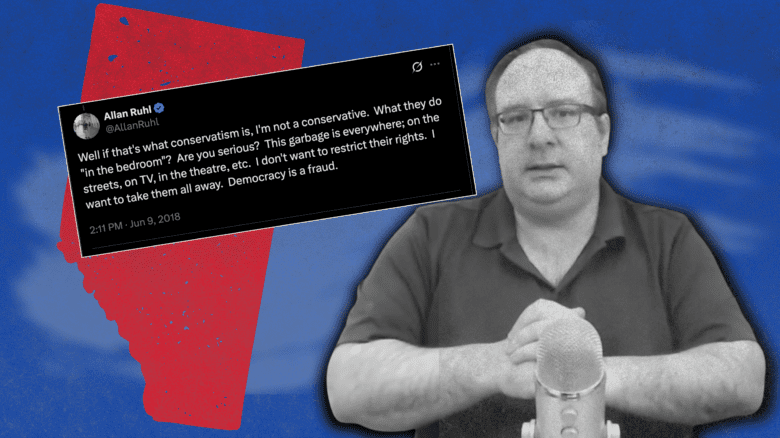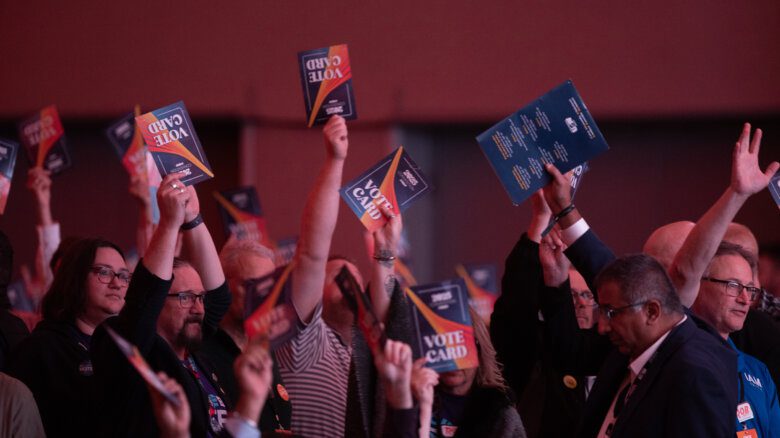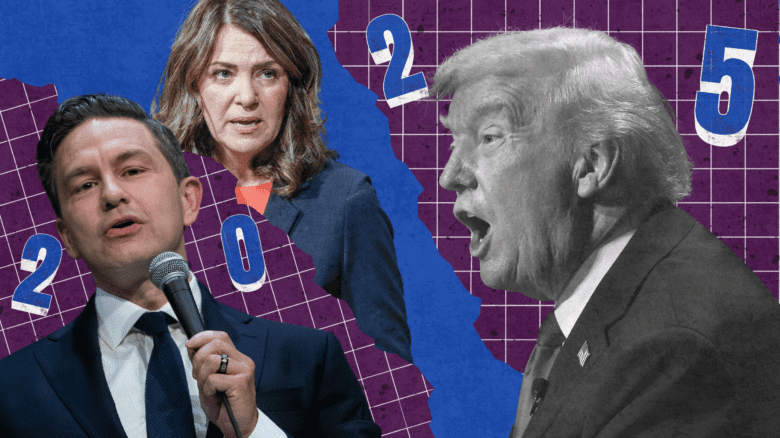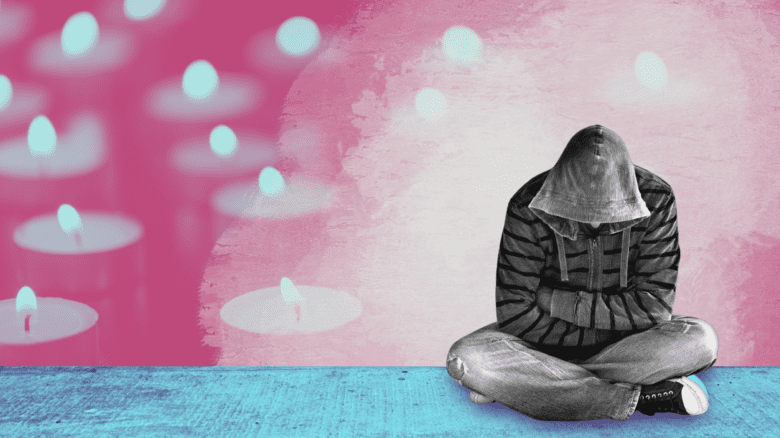A consortium of 23 LGBTQ2S+ and allied organizations have launched Queer Vote Ontario, ahead of the province’s general election this summer.
The non-partisan campaign is calling on all political parties to commit to three points that will improve the lives of LGBTQ2S+ Ontarians: creating a provincial LGBTQ2S+ secretariat and action plan, expanding coverage and access to gender-affirming healthcare and establishing a $25 million annual fund specifically for LGBTQ2S+ services.
Participating organizations include Action Canada for Sexual Health and Rights, LGBT YouthLine, Capital Rainbow Refuge, FrancoQueer and Elevate Equity.
“LGBTQ2S+ communities make up 10 percent of this province, but are almost never mentioned by our political parties outside of Pride Month,” Fae Johnstone, executive director of Wisdom2Action and campaign organizer, said in a press release. “This election, we demand our parties step up on queer issues—that they respond to the priorities and needs of our LGBTQ2S+ communities.”
The LGBTQ2S+ secretariat and action plan is modelled after similar examples, such as the Yukon’s action plan and the federal government’s Secretariat, and would aim to ensure queer and trans communities are consulted in all areas of legislation.
The call for expanded trans healthcare reflects the fact that Ontario currently has a deeply flawed system. Many procedures are not adequately covered by public health insurance—and care facilities are generally located only in large cities, presenting geographical and financial barriers for people in more remote areas of the province. Chest-masculinization surgery can cost patients $3,000 for a “contouring fee,” a cost that’s absent in other provinces. The Ontario Health Insurance Plan (OHIP) also does not cover other affirming medical procedures such as electrolysis or laser hair removal, tracheal shaves, facial feminization or masculinization surgery, or hair transplants.
Additionally, only certain methods of hormone replacement therapy are covered by OHIP or the provincial drug benefits program, meaning many trans and gender-nonconforming people who want to take injectable estrogen or patch-based testosterone have to pay out of pocket. Queer Vote Ontario’s proposed expanded health coverage list closely mirrors the Yukon’s trans healthcare coverage, which is currently the most thorough province-level trans care plan in the country.
While MPP Suze Morrison introduced a bill in October 2021 that aims to reform the province’s policy to better serve trans, non-binary and Two-Spirit Ontarians, the bill is currently stalled at referral to the Standing Committee on Social Policy, and is unlikely to pass before the provincial election.
Queer Vote Ontario also wants political parties to commit to an annual fund of $25 million for LGBTQ2S+ social, health and communities services. This recognizes the fact that these organizations do important work, often on minimal budgets, and provincial funding would allow more services to be accessible to more people.
Debbie Owusu-Akyeeah, executive director of the Canadian Centre for Gender and Sexual Diversity and a member of Queer Vote Ontario, said in a statement, “The evidence is clear: LGBTQ2S+ youth in Ontario are struggling, grappling with hate and harassment, family rejection and poor mental health. Despite these crises, queer organizations are chronically underfunded and have been neglected by decades of provincial governments.”
On its website, Queer Vote Ontario highlights the necessity for explicit and specific LGBTQ2S+ policies at a time when anti-queer and anti-trans hate are on the rise, in Ontario and around the world. A 2021 Statistics Canada report found that anti-gay hate crimes rose 41 percent between 2018 and 2019, the most recent years for which there is data.
More recently, Ontario has seen anti-LGBTQ2S+ messages paraded through Ottawa as part of the so-called “Freedom Convoy” earlier this year. Many of the convoy’s organizers had connections to anti-gay and anti-trans hate groups, and the demonstration received support from some elected MPPs, including noted LGBTQ2S+ opponent Randy Hillier.
Premier Doug Ford’s Conservative government, which has been in power since 2018, has done little to help LGBTQ2S+ communities. The government granted accreditation to the aggressively anti-LGBTQ2S+ Canada Christian College in 2021, and spent a year revising the province’s school sex education curriculum to delay all discussion of LGBTQ2S+ topics until Grade 8.
Besides pushing for all provincial parties to commit to their three policy points, Queer Vote Ontario’s wider initiative includes a survey for local candidates, a letter-writing campaign and a questionnaire for all political parties.
Although the date of the election has not been formally announced yet, it is expected to take place on June 2.
Ontarians can register to vote online through eRegistration, or can register in-person when they go to vote. Ontarians temporarily residing outside of Ontario can register as absentee voters. Only Canadian citizens can vote in elections.
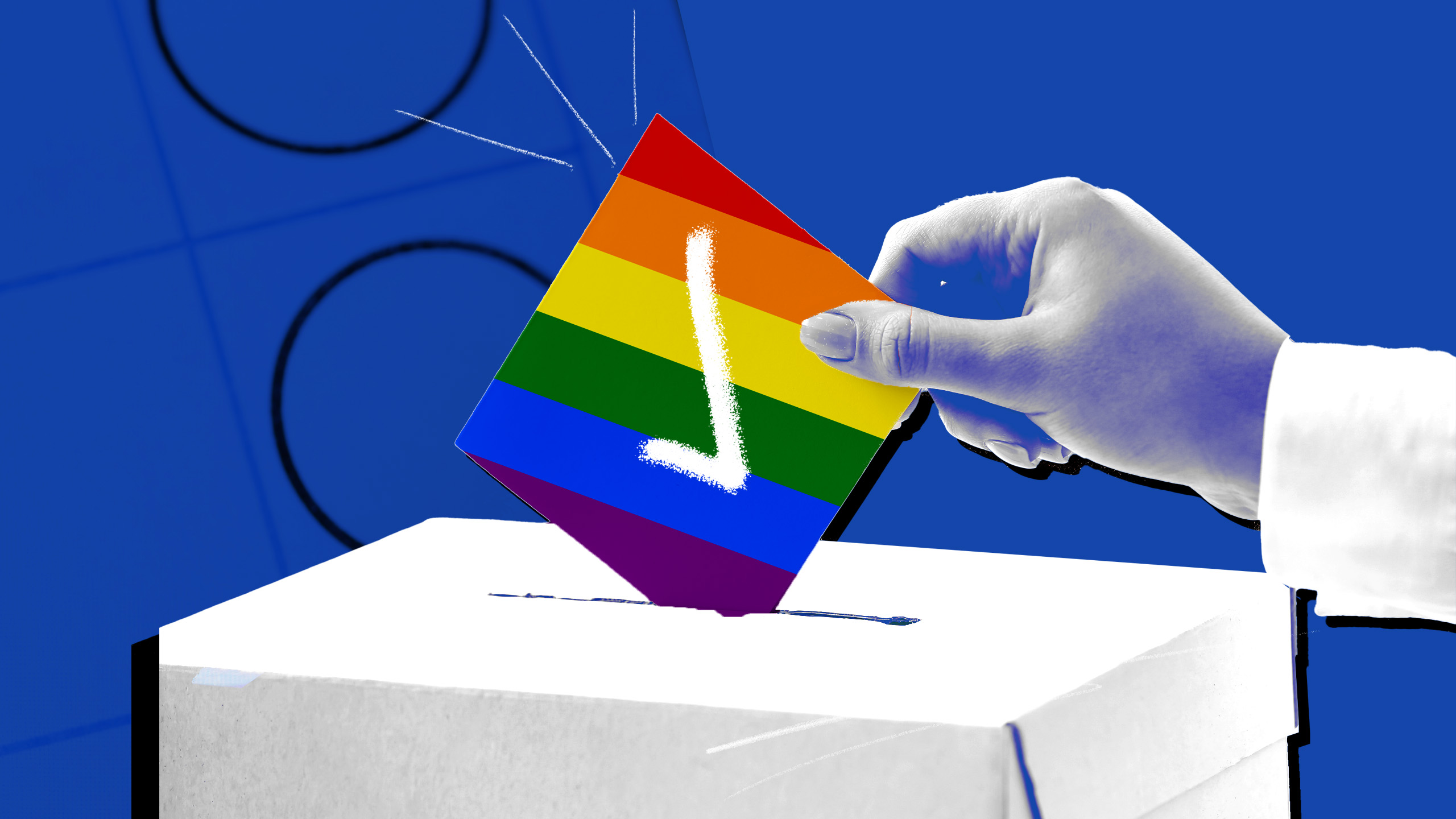

 Why you can trust Xtra
Why you can trust Xtra